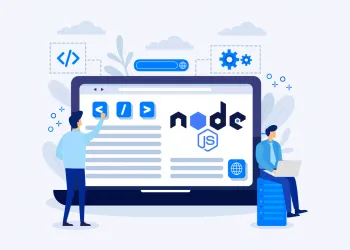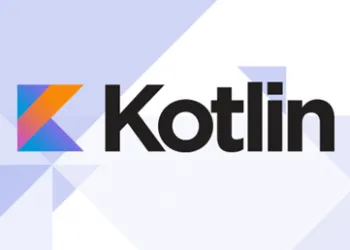If you have ever wondered what it takes to develop a mobile app, you are not alone. Many people have ideas that they want to bring to life, but it takes several steps to get your ideas turned into working multi-service business with Gojek clone. Here is a quick overview of how that process unfolds from concept to app store.
Idea Phase
The first phase of any app development begins with an idea. There are a few things that you need to take note of and jot down when presenting your idea. First, you need to establish what platforms you use and are accessible on. The two biggest markets use IOS and android systems, and if you can create an app that functions on both, you will maximize your opportunity. You also need to establish if the application will require a single development phase, or if you will continue to provide updates and changes. This is especially useful for developing games, programs, and applications that are on a free-to-use model, in order to entice its users for continued, long-term usage. Consider other aspects like, what functions and tools will need to be used, from the camera, microphone, and GPS. If you are creating a social platform, you need to consider how it will connect with other applications as well, such as Facebook, Instagram, and Twitter. This interconnectivity can be crucial in developing something that allows you to grow your community and user base. At the early stages, you will create and supply proof of concept as a developer, determining if it is feasible to build the app in the first place.
Formulating And Working Within A Budget
One of the key factors that you have to consider when you are preparing to develop an app is the budget you have to work with. More complicated apps will understandably be more expensive to develop, requiring different employees to help create them and keep them functioning. However, this also translates to potential, since apps with more features have a higher ceiling for returns and financial success. Of course, this is a generalization, and there will be outliers where even some of the most simple apps can provide you financial success.
Non Disclosure Agreement And Protecting Intellectual Property
When
Roadmap Of Work
As the development process begins to take shape, a roadmap will outline what will be done when creating your app. If you are developing the app, it is important that you provide an outlined schedule of different milestones and points throughout the development phases. This provides confidence to investors and owners in their ideas and that they will reach completion. This also provides development teams target goals and deadlines to strive for and meet, in order to complete their projects within a designated time frame.
MVP, Proof Of Concept, Prototypes At Different Stages
Throughout the development of your mobile app, you need to consider different concepts. MVP is short for a minimum viable product, which is a working version of your app with many of the core features being installed or functioning, which will be found in the final app product. To help simplify the differences between these concepts, you can look at the timeline of your app development. Proof of concept occurs and is shown early on, then the prototype is developed, whereas the MVP is a more complete version, resembling the final product.
Marketing And Completion
Once your product nears completion, you will need to consider marketing. It will not matter how effective your app is, but if you are unable to market your product well, it will easily perform below standards in terms of success, and will easily be forgotten. This is why it is crucial to help facilitate interest in your app prior to release, and maintain that momentum as you grow. This is especially important if your goal is reliant on financial gain, which is critical for many development businesses and app developers.
App development can look different, depending on several factors. Your team size, your budget, the ideas for the app themselves, and your ideas for growth and expansion can all impact the process and timeline of releasing your app. Consider these different factors and how they will factor into unique application ideas and outcomes.
















